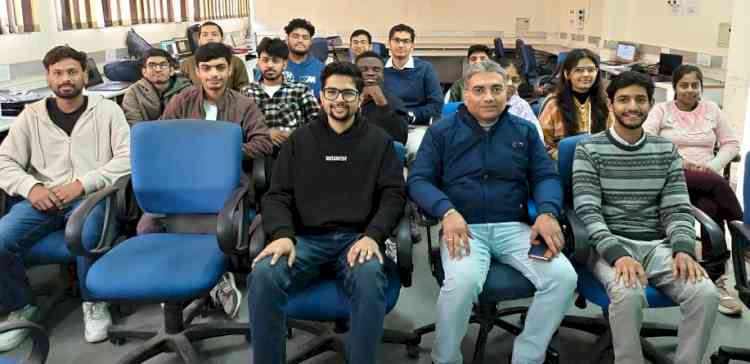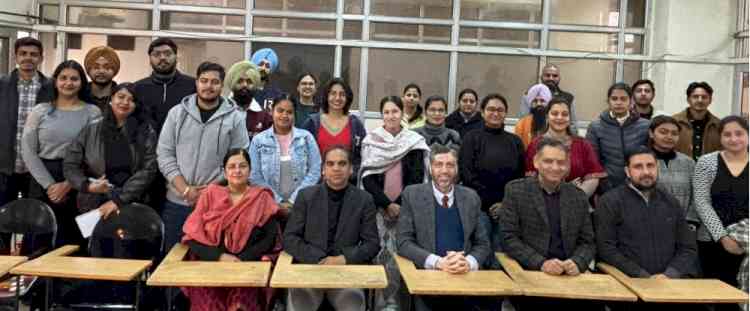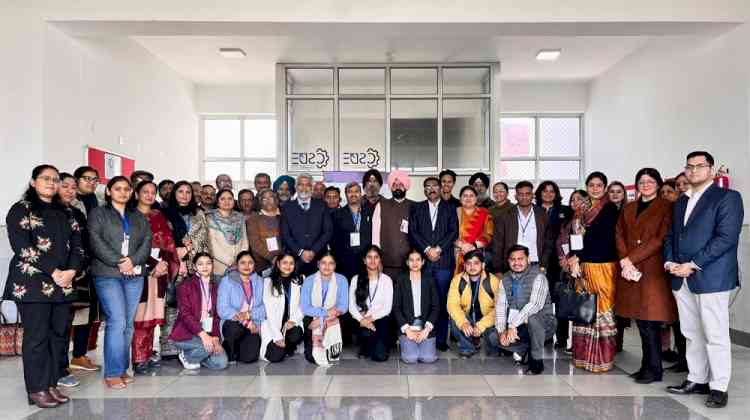PAU organizes training course on survey methods and data collection
The Department of Extension Education in collaboration with the Department of Economics and Sociology, Punjab Agricultural University (PAU), organized a training course on “Survey Methods and Data Collection”.

Ludhiana, May 11, 2022: The Department of Extension Education in collaboration with the Department of Economics and Sociology, Punjab Agricultural University (PAU), organized a training course on “Survey Methods and Data Collection” under the aegis of Directorate of Extension Education, PAU. A total of 35 faculty members from different Vigyan Kendras, research stations and Farm Advisory Service Centres participated in this programme.
In his opening remarks, Dr Ashok Kumar, Director of Extension Education, highlighted the importance of surveys and elaborated how proper sampling was necessary for getting a good survey.
Dr Kuldeep Singh, Head, Department of Extension Education and Course Director, explained the rationale behind organizing this training programme. He said Krishi Vigyan Kendra/Farm Advisory Service Centre faculty members were the eyes of the University which recorded all the happenings in the field.
Dr Kamal Vatta, Head, Department of Economics and Sociology and Course Director delivered a lecture on sampling framework in which he told that proper sampling was the soul of the survey which removed biasness. He also told about the procedure for conducting online surveys.
Dr TS Riar, Additional Director of Communication, said that rapport building was the key for successful conductance of survey.
Dr JM Singh, Economics expert, shared the tips for collecting reliable information regarding different aspects of farming.
Dr SS Romana, a PAU expert, explained different problems which were being faced by field faculty and suggested their solutions also.
Another expert Dr Pankaj Kumar talked about participatory data collection and said if one can spare time, he should always go for participatory mode.
Dr Dharminder Singh, Extension Scientist, explained different sampling techniques and proposed a vote of thanks.


 City Air News
City Air News 










